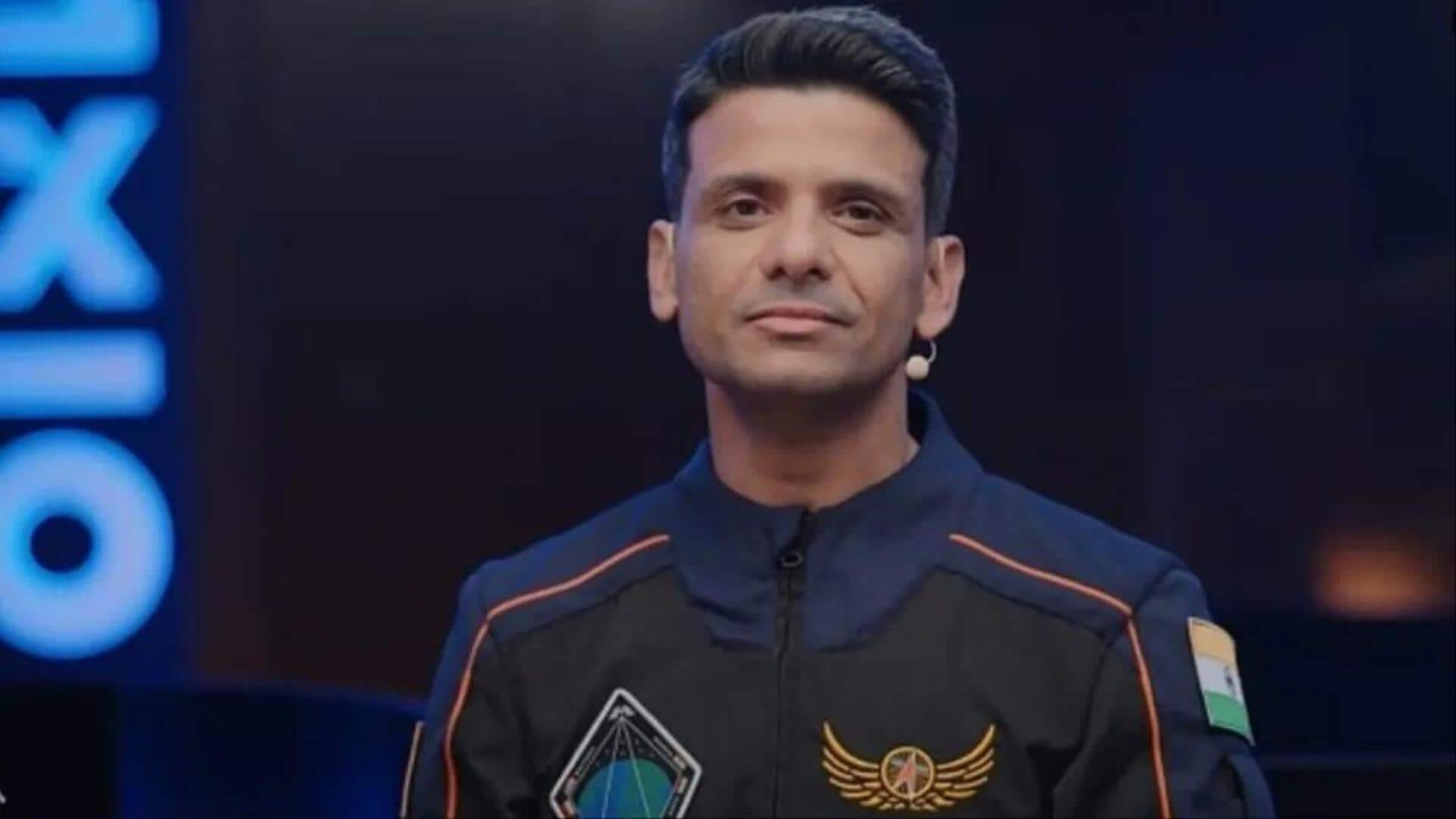
What Shubhanshu Shukla will eat and drink aboard the ISS
What's the story
India's Shubhanshu Shukla and three other astronauts have embarked on the Axiom-4 mission to the International Space Station (ISS). They will be spending 14 days on the station. The ISS is a massive space laboratory built by multiple countries. It orbits at an altitude of about 400km above Earth and travels at a speed of about 27,600km/h. This has piqued interest in how life works on this unique science lab that orbits some 400km above Earth.
Space station
ISS is a self-sustaining space station
The ISS is a self-sustaining space station with solar panels, life support systems, and advanced water recycling technology. It has eight large solar arrays that convert sunlight into power and generate between 84 to 120 kilowatts of electricity. The life support system maintains oxygen levels, regulates temperature, and manages water through electrolysis. Sweat, urine, and other moisture are collected and purified to produce drinking water for astronauts on board.
Food
Shukla is carrying gajar halwa, curry and rice
Shukla, like other ISS astronauts, will consume a specialized diet, precisely managed by NASA and partners for nutrition in microgravity. A special highlight of his culinary experience will be the Indian food items he is carrying to the ISS. This includes sweets like gajar halwa, moong dal halwa, and mango nectar, intended for sharing with his international crew. He also has access to ready-to-eat Indian main courses such as curry and rice.
Space habitat
A look at the ISS's structure and layout
The ISS is made up of multiple interconnected modules, developed and contributed by 16 countries including the US, Russia, Japan, Canada, and several European nations. It has six sleeping quarters, two bathrooms, and even a small gym. The food that is canned or freeze-dried to prevent floating particles from interfering with equipment or being inhaled Drinking water is sipped through a straw connected to a sealed pouch due to microgravity conditions on board.
Space research
Key facts about experiments conducted on board
The ISS has hosted over 3,000 experiments, including scientific research in microgravity, studies on how space affects the human body, and testing new medicines and materials. It is typically designed to accommodate six crew members on a long-term basis but can temporarily increase to 7-10 people during special missions or crew rotations. The onboard population temporarily increases with commercial crew missions or space tourists.